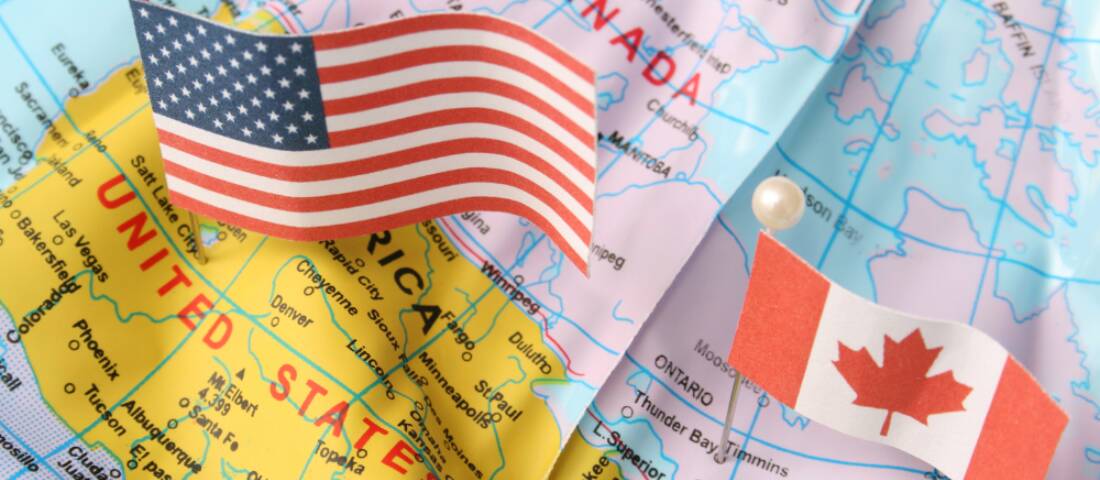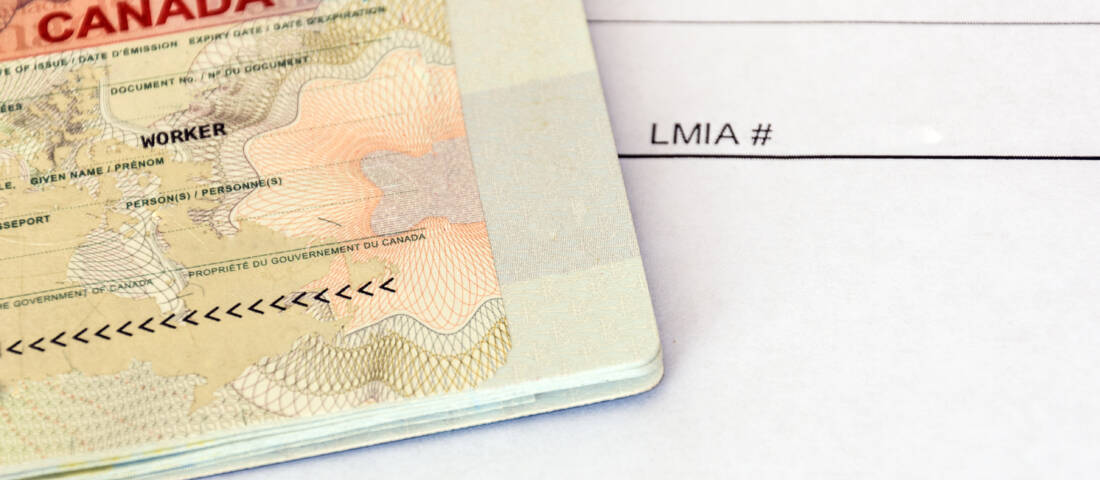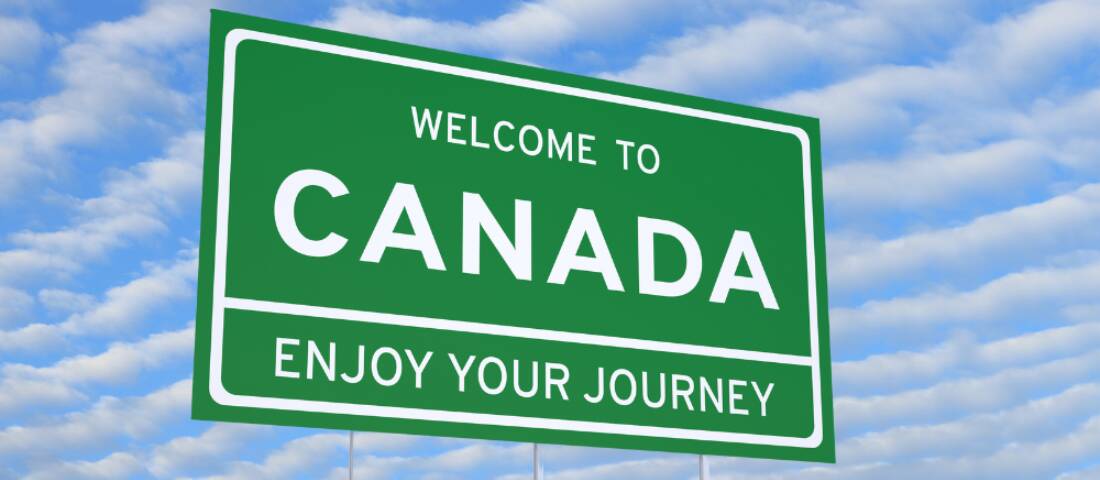As companies expand their global workforce and try to recover from the pandemic economy, getting visa approvals has become increasingly difficult and frustrating. The immigration backlog grew dramatically while embassies and consulates around the world reduced staff and closed their doors during the Covid quarantines. Now that the immigration offices are reopening, there is still a significant backlog for all types of immigration matters. For U.S. and Canadian businesses, the immigration backlog is causing economic recovery hardships when key employees outside of North America cannot get the necessary approvals to relocate. If a foreign employee is not selected for an H-1B or other visa, an option for U.S. employers is to relocate the employee to an affiliate location outside of the United States for a short-term assignment. This strategy is known as “global parking” a foreign employee for a short amount of time while waiting for U.S. immigration approvals.
While Canada is experiencing longer immigration wait times versus pre-pandemic, new policies, measures and standards implemented by Immigration, Refugees and Citizenship (IRCC) are helping modernize Canada's immigration system, clear the backlog - and expedite immigration processing.
What Is Global Parking?
Employers do not want to lose skilled, knowledgeable and talented foreign applicants. Global parking is one of the most common workarounds for being denied a visa. And for U.S. employers, global parking their employee in Canada is a smart strategy to onboard a new employee until they qualify for an Intra-Company Transfer (ICT) from Canada to the United States. If a U.S. company relocates an employee to Canada, they then have options to transfer them back using an ICT.
IntraCompany Transfers and Global Parking
- If the U.S. employer has a parent company, branch office, subsidiary or affiliate company in Canada, the applicant may qualify for a Canadian work permit through Canada's International Mobility Program (IMP) as an intra-company transfer.
- The U.S. employer may want to hire a foreign applicant to open a new branch office, subsidiary or affiliate in Canada. Then, at a later date (typically 1-2 years), the U.S. employer has the option to transfer the employee to the United States under an intra-company transfer using a USCIS L-1A or L-1B visa.
- An L-1A intracompany visa is for managers or executives who want to temporarily work in the United States.
- An L-1B intracompany visa is for professionals with special knowledge who want to temporarily work in the United States.
Global Parking and Nearshoring
Many American tech companies are frustrated by their inability to hire highly skilled and educated foreign talent due to the scarcity and cost of H-1B visa workers and have opened affiliate offices to nearshore in Canada:
Nearshoring (also called nearsourcing) is when a business - particularly a tech business - outsources jobs to a nearby company that shares a border with the country. Canada is an attractive nearshoring destination for U.S. tech companies to export jobs when they can't hire tech workers directly in America.
For American companies, nearshoring to Canada has many benefits:
- Similar culture and language
- Geographical proximity and common time zones
- Favourable exchange rate
Learn More:
- Why American Tech is Nearshoring to Canada
- What You Can Do If Your H-1B Visa Application is Rejected
- How An Immigration Lawyer Can Smooth The Way to Your Tech Career in Canada
- Canada Designs Regulations to Attract Tech Firms and Tech Workers
Is Your Business Frustrated Trying to Hire Global Talent?
American and Canadian businesses need to have information and proactive solutions to global hiring challenges. Ackah Business Immigration Law exclusively practices Canadian and U.S. immigration law, and helps smooth the way for companies to do crossborder business. We also offer employment law and human resources advisory services for companies with crossborder businesses and employees. Our goal is to help you cross borders seamlessly and to make it smooth as possible for you to be as successful as possible.
Contact Ackah Law today at (403) 452-9515 or email us directly at contact@ackahlaw.com.







